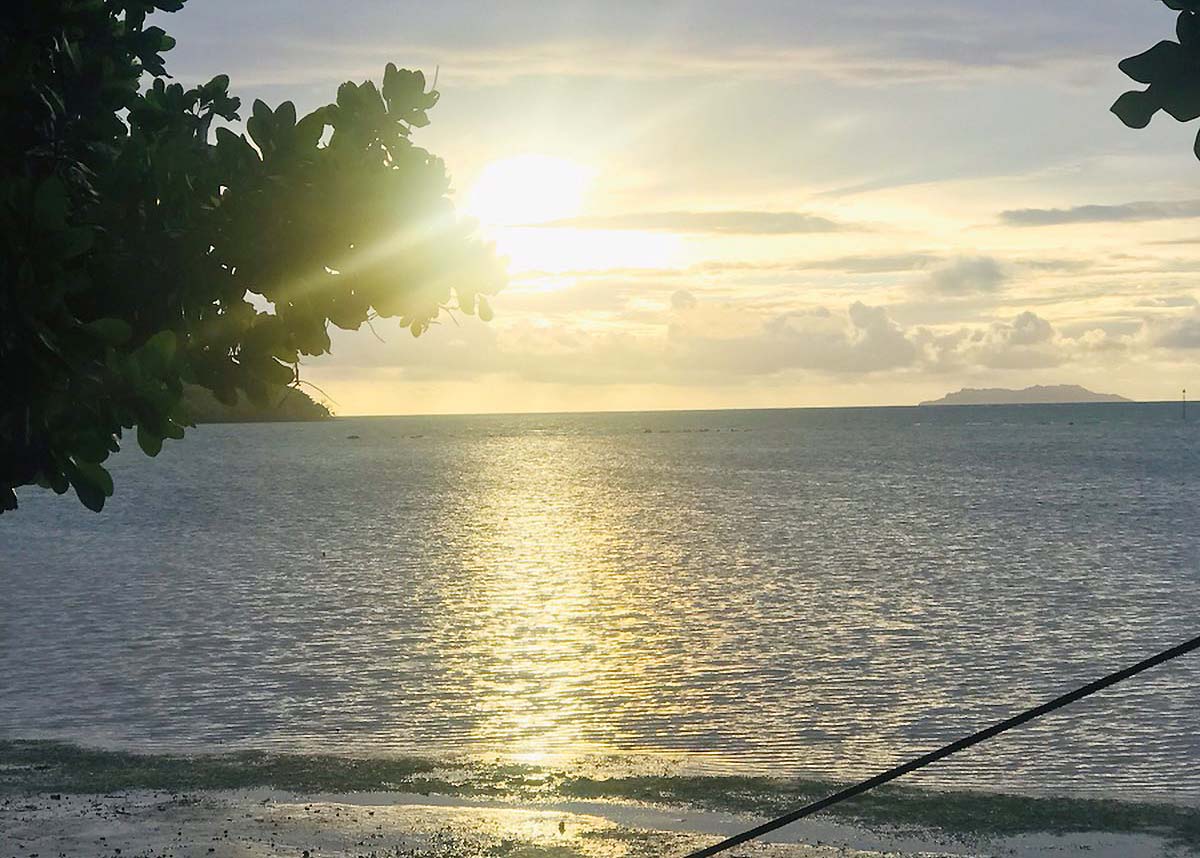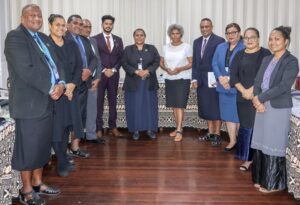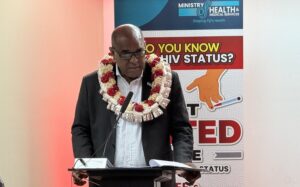Fiji’s National Federation Party member Lenora Qereqeretabua urges Fijian authorities to step up its protection of the country’s marine resources, calling for stricter enforcement and harsher penalties for violators.
She also called for increased investment in the department of the environment particularly its waste management and pollution control unit, whose non-action she says will have a detrimental impact on marine resources and the health of communities located along the country’s waterways.
Given the department’s role in safeguarding Fiji’s environment, she said it is paramount that it is provided with the necessary support, financial and technical, to properly carry out its role.
“Fiji needs to see [the] commitment to protecting our environment translated now into more action.”
Fiji MP and National Federation Member Lenora Qereqeretabua
She also suggested setting up proper patrols in Fiji’s harbours to monitor oil spills, effects of which coupled with overfishing of parrotfish are damaging to the conservation of coral reefs and the marine ecosystem.
They are being overfished, Qereqeretabua said, calling for more awareness-raising around the importance of parrotfish to the marine ecosystem and subsequently climate change mitigation efforts.
“By eating the algae, these fish play a big role in the conservation of coral reefs and the survival of the entire ecosystem. But they are being overfished, causing a dangerous imbalance to occur on our reefs; algae thriving on reefs, blocking life-giving sunlight from reaching the coral, ultimately resulting in their deaths.”
To this end, she commended the work by coral reef scientist Dr Victor Bonito and coral reef restoration expert Dr Austin Bowden-Kerby whose combined work, spanning over 15 years, in identifying, setting up and maintenance of Marine Protected Areas (MPAs) have benefitted Fijian communities they work with.
“The four villages of the Tikina of Korolevu I Wai each now have a permanent Tabu Marine Protected Areas, vital for communities exposed to the ravages of human activity including tourism, growing village populations and farming.
“Some 6 to 10 years after their establishment, the Marine Protected Areas or Tabu have 500% more live coral cover and 50% greater species richness of coral than adjacent fished areas, little to no seaweeds, and 30% more food fish, 50% more species of food fish, and 500% more biomass of food fish than the adjacent fished or Tara areas.
Qereqeretabua
“The beauty and the health of the coral, and the variety and number of fish in the Coral Restoration area is a sight I wish everyone could see, to appreciate the importance of our Coral Reefs to our biodiversity, our fish stocks and our fight against climate change.”
Photo: Josefa Kotobalavu










